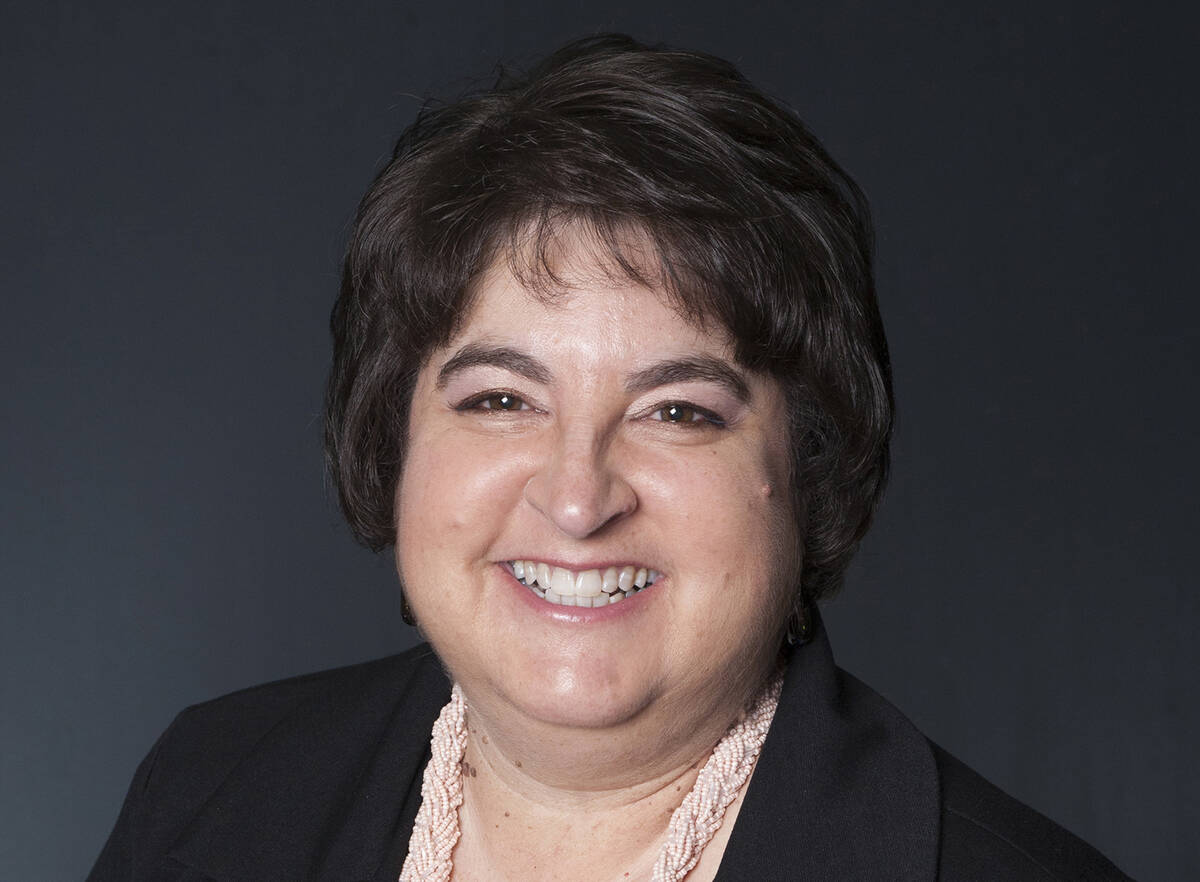Resolve to avoid resolutions
A new year. A new you. Making New Year’s resolutions to improve yourself or your life is a tradition that dates back thousands of years.
According to history.com, the idea of making New Year’s resolutions is believed to date back to ancient Babylonians roughly 4,000 years ago. Celebrations were held in spring, when crops were planted and their new year began. The Babylonians would promise the gods to pay their debts and return any objects they had borrowed. If they kept their word, the gods would favor them in the coming year. If not, well, the gods would not bestow good fortune on them.
It seems very little has changed in the past 4,000 years.
Early Romans and Christians had similar practices, making sacrifices to the gods or resolving to do better after reflecting on the past year’s misdeeds and mistakes.
While not celebrated in January, the Jewish new year has a similar theme — reflecting on the past year, asking for atonement and vowing to work for a better tomorrow.
Over the years, however, the tradition’s religious roots have been abandoned. Instead of making a promise to the gods — or god — people make resolutions for themselves. Often no one but themselves know what those resolutions are, making being held accountable for keeping them nearly impossible.
Perhaps that’s why research shows that while about 45 percent of Americans make New Year’s resolutions, only 8 percent achieve their goals.
If gambling were allowed in Boulder City, it would be a safe bet that many of the resolutions made a mere six days ago are already broken or abandoned.
The poor rate of success is the main reason I don’t make resolutions. Why set myself up to fail?
That doesn’t mean I don’t set goals for myself. I do. They don’t just happen to begin at the start of each new year.
Leadership classes and workshops I have taken teach that planning and setting goals is key to achieving success for any type of resolution, made at the start of a new year or other time of the year.
The National Day Calendar, which designates the first week of January as New Year’s Resolution Week, echoes that sentiment. It states that Gary Blair, creator of the 100 Day Challenge, founded the week in 2005 to remind people of the importance of setting goals to stay on pace.
Like tackling a big project, it suggests breaking up your goal into smaller, easier attainable tasks. And it recommends not to make too many resolutions. Having too many irons in the proverbial fire can be overwhelming. To me it’s almost the same as being ravenous and stepping in front of a buffet. There are too many choices and you don’t know where to begin.
Satisfying that hunger, that desire to improve yourself or your life starts with a single bite, a small step. Each one brings you closer to being full and content. Each little accomplishment also helps motivate you to continue.
Working to make your life better or yourself happier is always a great way to start a new year on Jan. 1 or any other day of the year.
Hali Bernstein Saylor is editor of the Boulder City Review. She can be reached at hsaylor@bouldercityreview.com or at 702-586-9523. Follow @HalisComment on Twitter.





